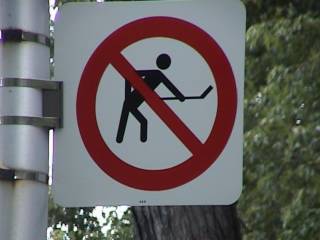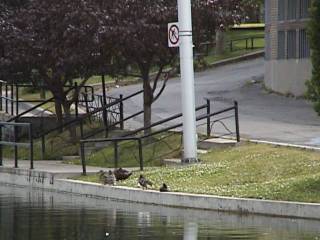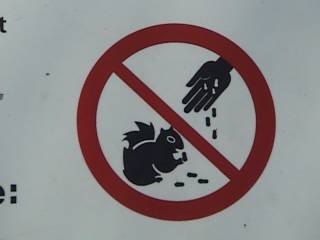Ah, yes. All the debris that was milling about in my head yesterday that I couldn't find time to sweep away.
An article in
The New York Times, "
Books Make You a Boring Person," by Cristina Nehring, is causing a bit of a stir.
There's a new piety in the air: the self-congratulation of book lovers. Long considered immune to criticism by virtue of being outnumbered by channel surfers, Internet addicts, video maniacs and other armchair introverts, bookworms have developed a semi-mystical complacency about the moral and mental benefits of reading. . . To be a reader these days is to be a sterling member of society, a thoughtful and sensitive human being, a winner.
We assume that reading requires a formidable intellect. We forget that books were the television of previous years — by which I mean they were the source of passive entertainment as well as occasional enlightenment, of social alienation as well as private joy, of idleness as well as inspiration. Books were a mixed bag, and they still are. Books could be used or misused, and they still can be.
There are responses from
Maud Newton and
Tingle Alley.
The truth is, I am pretty boring. And I do read a ton of crap for pleasure, and I often don't retain much. In one ear (eye?), out the other.
I have sssoooo lost the ability to think critically.
Some people assume I must be smart because I read so much. Honestly, I don't encourage this opinion of me. (I don't really try to dissuade them, though. I'm too lazy for that.)
Maybe my attitude comes from reading too many books and no longer being able to think for myself, but Nehring has a point. We
should be active, thinking readers. But fer cryin' out loud, not all the time.
I have to agree with
Chicha:
The truth, though, isn’t that books make you boring, but that you can easily pick out a boring person by the way he talks about books.
Another point to be made: If you are a reader of books, don't be a snob about it.
Michel Basilières is contributing a regular column, The Outer Edge, to
Maisonneuve that's caught my interest.
This month he discusses "
The Treasure Island of SF: Samuel R. Delany’s Nova":
What Ron handed me in 1972 was one of the newer writers, one of those my brother scorned. The author was Samuel R. Delany and the book was Nova. And it changed everything for me. As soon as I started reading it, I was gripped as I never had been before; it really seemed that light was exploding in my head. Reading was no longer just fun. There was something going on in this book, something I’d never seen — or noticed, anyway — in any other book: it wasn’t just about its plot.
For the first time, I understood that writing could be multi-dimensional, that books could mean something as well as just describe, that layers played back and forth in texts. I devoured it.
I'm not familiar with the book or its author (though I may investigate), but I can relate to the sentiment. For me the lightning-bolt book was
The Razor's Edge, by W Somerset Maugham. I don't regard it as a "classic" by any stretch of the imagination, but I have a fondness for it and owe it a debt.
In "
Death to Realism," Basilières tells us it's the job of science fiction to be ahead of its time.
When William Gibson wrote Neuromancer in the early eighties, it was clearly science fiction. When Pattern Recognition was released last year, it was obviously realism. What’s cool about Gibson is, he still wears the sneakers. He hasn’t changed. The context has.
But we knew that.
Once in a while a really good slap in the face gets published as literary fiction. Just recently Houellebecq’s Elementary Particles was both lauded and derided for this (I’m in the cheering section over here), but does anyone else agree with me that it’s science fiction?
Umm, I don't, not really. It's a dystopian novel. A bit of weird, unrealistic science thrown in toward the end to bring about the utopian society is not enough to qualify it as science fiction. Is it? Just how much science does science fiction need?
It did not
provoke outrage in me, but generated profound discomfort.
Coincidentally, I read that on the tail of
Oryx and Crake last summer and saw the movie
Equilibrium (which we loved) just afterward, and I stood in awe of the triptych these formed before my mind. I was so proud of myself for having written an insightful email, of which I have no record, in a casual correspondence, comparing these dystopias — their reason for being, their means, and where they went wrong. Sadly, those synapses have been unused since, and those musings are now irretrievable.
See? No capacity for information retention or critical thought.
(The Spell Checker wants to replace "dystopian" with "dustbins" and "dystopias" with "Dostoevsky" — how cool is that?)













